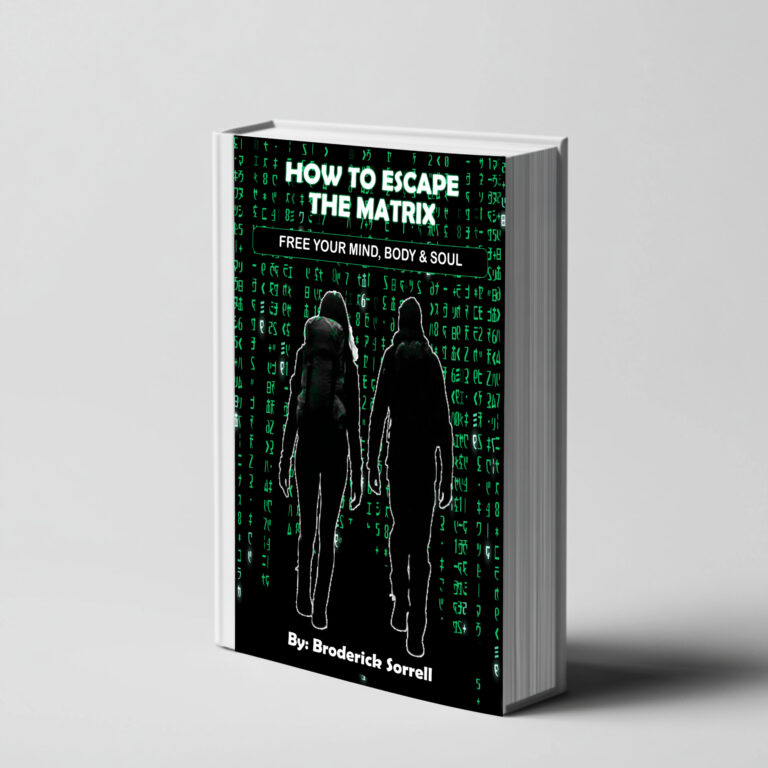
Popular
The Psychology of Combat: How Martial Arts Trains Your Mind for Real-World Challenges
Master your mind, not just your moves.

Martial arts isn’t just about kicks, punches, or takedowns. At its core, it’s a discipline that sharpens the mind as much as the body. In fact, some of the greatest benefits come from what happens between the strikes—the development of mental clarity, emotional control, and the ability to stay calm in the face of chaos. This is why martial arts has always been more than just self-defense; it’s psychological warfare training for the modern world.
In today’s Martial Arts Monday, let’s dive into how martial arts shapes the mindset of a warrior—on and off the mat.
1. Mental Toughness Through Repetition and Discipline
Martial arts thrives on consistency. Whether it’s throwing a jab a thousand times or practicing a kata until it becomes second nature, repetition builds not just muscle memory but mental endurance. Every session teaches you to push past mental fatigue, ignore distractions, and keep going when your body wants to quit.
Benefits:
Trains your brain to resist instant gratification
Builds a mindset of persistence and patience
Helps develop laser-sharp focus over time
2. Emotional Control Under Pressure
In a sparring match or real confrontation, emotions can run wild. Fear, anger, anxiety—they all threaten to take control. Martial arts forces you to manage your emotions while under physical stress, teaching you to stay centered in chaos.
How it helps:
Teaches you to pause before reacting
Increases awareness of emotional triggers
Builds resilience in high-stress environments
3. The Breathing Advantage: Control Through the Breath
Proper breathing is the hidden weapon in every martial artist’s arsenal. Deep, controlled breathing helps regulate the nervous system, calms the mind, and delivers oxygen to the brain when you need it most. This tool isn’t just for fights—it’s for job interviews, arguments, and everyday stressful moments.
Breathing benefits include:
Calms your fight-or-flight response
Helps maintain clarity during conflict
Improves endurance and timing
4. Situational Awareness and Strategic Thinking
Martial arts isn’t just about brute force. It’s about reading your opponent, recognizing patterns, and making split-second decisions. Over time, this teaches you how to observe your environment more effectively and think multiple steps ahead—like a mental chess game.
Real-world parallels:
Helps you assess danger quickly and respond smartly
Trains the brain to stay alert in unfamiliar settings
Builds confidence in public and social situations
5. Applying Martial Arts Philosophy to Daily Life
Most traditional martial arts come with deep philosophies—discipline, respect, humility, and integrity. These values aren’t just for the dojo. They’re guideposts for navigating life with intention and power.
Examples:
Using patience instead of aggression in conversations
Showing respect even when you disagree
Practicing humility while still standing your ground
Conclusion: The Warrior’s Mindset Isn’t Just for Fighters
Martial arts is a form of mental training that extends far beyond physical combat. It teaches you how to stay centered when life throws punches, how to respond instead of react, and how to carry yourself with quiet power. The more you train, the more you realize: it’s not just about winning a fight—it’s about mastering yourself.
Follow on Spotify
ADVERTISEMENT
ADVERTISEMENT
VISIT ME ON YOUTUBE!
ADVERTISEMENT
ADVERTISEMENT
RELATED POST
Address List
-
123, Any Street North
Your City Name
Country Name. P.O 3554 - +1 234 567 8902
- Urban Warrior Survival
Social Networks
- B.Roc Survival Podcast
- Discord
- Patreon
- Youtube
Links List
B.Roc Survival Inc.
All rights reserved










